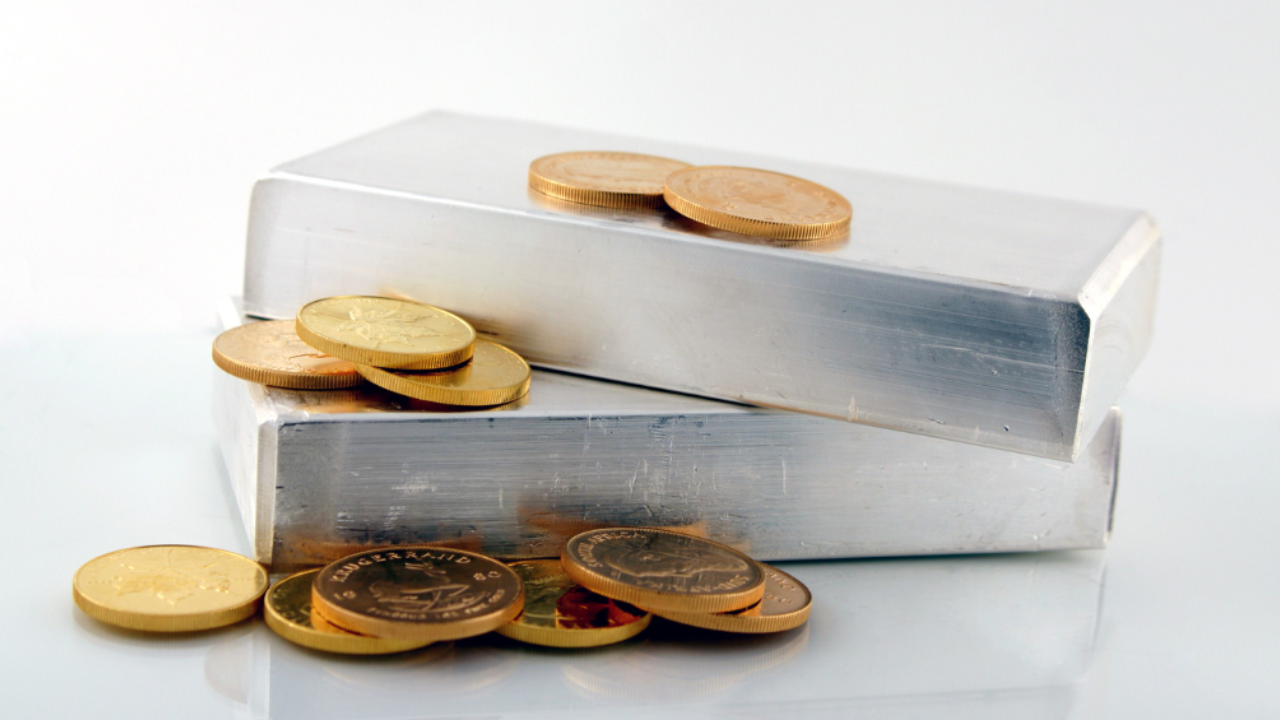Have we really never had it better? Then why does it feel so hard?
Aug 02, 2025
I read a Blink the other day - you know, that app that summarises entire books so you don’t have to wade through hundreds of pages to get to the good bits? I like it because (as I’ve mentioned before) I’m a pretty slow reader, so it helps me get through books I’d probably never finish otherwise - just without all the extra detail.
Anyway, this Blink said that most of us in the Western world have never had it better. We’re better fed, better paid, better connected. We’ve got the internet, unlimited knowledge, and endless opportunities. And yet… so many of us still feel deeply unfulfilled.
According to the summary, happiness basically comes down to two things:
-
Feeling positive emotions (pleasure)
-
Living a life that feels purposeful (meaning)
I mean, I get what they’re saying - especially about meaning. A life that doesn’t feel meaningful won’t satisfy most people; it definitely wouldn’t satisfy me. Sometimes I catch myself wondering what my purpose actually is, or whether I’m really serving any purpose at all. That’s usually when the negative feelings start creeping in. So yeah, agency and meaning really do matter. And of course, pleasure is important too; nobody willingly chooses sadness over joy if they can avoid it.
But it was that claim - we’ve never had it better - that made me think: is that really true? And if it is, then why doesn’t it always feel that way?
Because yes, we’ve made incredible progress in medicine, technology, science, and connectivity. But at the same time, this modern world can make it seem like everyone else is living their best life. You just have to scroll through social media to see yet another 19-year-old launching a start-up, making millions, or travelling the world with perfect hair and perfect teeth. The message we’re fed - often without even realising it - is that anyone can do it. So when you don’t, it feels like failure.
But it isn’t that easy. At all. And you know it’s not - because if it were, we wouldn’t see so many people struggling just to get by.
The numbers behind the "we’ve never had it better"
Let’s look at Britain today. Using the government’s official figures from 2023–2024:
-
Around 21% of people live in relative low income after housing costs.
-
About 18% live in absolute poverty after housing costs.
That’s roughly one in five people. I mean, that's a pretty shocking stat, don't you think? And it’s not just people without jobs.
Many of those using food banks are in work - one or both parents, often working full-time. But once the rent and bills are paid, sometimes there isn’t enough left for food.
The Sunday Times reported that a single person living in an urban area outside London needs to earn about £28,000 a year just for what they called a “basic level of comfort.” That covers rent, bills, a bit for alcohol, takeaways, maybe a meal out - but nothing for holidays abroad, pets, or running a car.
Compare that to the full-time minimum wage salary, which is about £22,220 a year. It’s not enough. And that’s why food bank use keeps rising.
Today, there are actually more food banks operating in Britain than there are McDonald’s restaurants. That’s crazy right, when you think about it. We often forget there are people living around us - our neighbours, co-workers, people at the bus stop - who can’t always afford food or other basics.
So, has poverty improved over the last 100 years?
Yes. Undeniably.
A century ago, many people in Britain lived in extreme, absolute poverty. Malnutrition, slum housing, no NHS. Child mortality was high. Life expectancy was low.
Since then, living standards have improved massively. We have better healthcare, better housing, longer lives, better nutrition.
But relative poverty - where you have much less than the average, and can’t fully participate in society - still affects millions. And over the last 10–15 years, progress in reducing that has slowed or even reversed.
So what does all this mean?
Maybe the Blink was right: on paper, we do have it better than any previous generation. But numbers don’t always tell the full story.
Because happiness isn’t just about having more. It’s about feeling safe, valued, and having a sense of purpose. And just because, on average, there’s more money around, it doesn’t mean millions aren’t still struggling to cover the basics.
Social media and the constant stream of “success stories” can make us forget about those people - or make it seem like everyone has the same resources to turn their life around, which isn’t really true. And in the process, the modern world can end up making people feel worthless, left behind, and isolated.
It’s strange, isn’t it? We’ve built this hyper-connected, hyper-competitive world that keeps telling us to want more, do more, be more - when really, what most of us are searching for is much simpler:
A sense of meaning.
A bit of agency over our own lives.
And enough security to feel safe and okay. 🩷🩷






